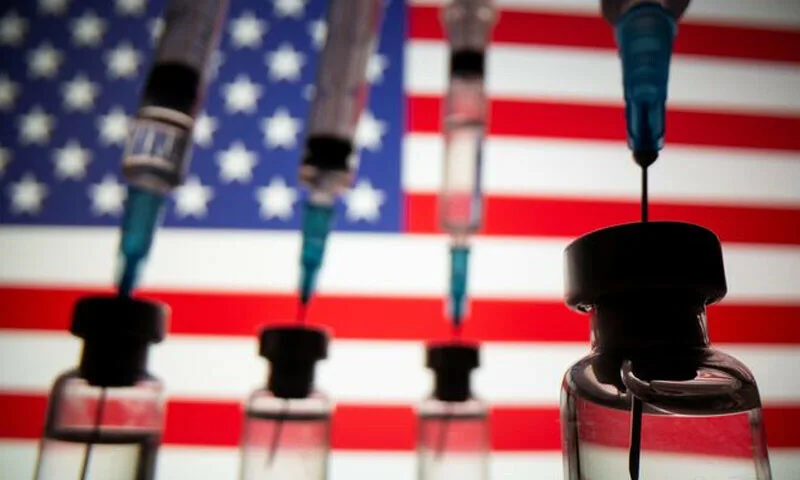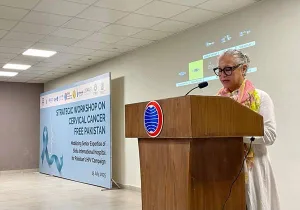Millions of Children Worldwide Miss Out on Essential Vaccinations
Globally, a staggering 14.3 million children have not received even a single dose of the DTP (diphtheria, tetanus, and pertussis) vaccine. These “zero-dose” children represent a significant challenge to global health efforts and highlight disparities in access to essential healthcare services.
The Significance of DTP Vaccination
The DTP vaccine is a cornerstone of childhood immunization programs. It protects against three potentially life-threatening diseases:
- Diphtheria: A serious bacterial infection affecting the nose and throat.
- Tetanus: A painful bacterial infection causing muscle stiffness and spasms.
- Pertussis (Whooping Cough): A highly contagious respiratory infection, particularly dangerous for infants.
Failure to receive the DTP vaccine leaves children vulnerable to these preventable illnesses, increasing their risk of severe complications, disability, and even death.
Factors Contributing to Zero-Dose Children
Several factors contribute to the concerning number of zero-dose children worldwide:
- Poverty and Inequality: Limited access to healthcare services in low-income communities.
- Geographic Barriers: Remote or hard-to-reach areas with inadequate infrastructure.
- Conflict and Instability: Disruption of healthcare services in conflict zones.
- Lack of Awareness: Insufficient knowledge about the importance of vaccination.
- Vaccine Hesitancy: Mistrust or concerns about vaccine safety.
Addressing the Challenge
Reaching zero-dose children requires a multi-faceted approach involving governments, international organizations, healthcare providers, and communities. Key strategies include:
- Strengthening Healthcare Systems: Investing in infrastructure, training healthcare workers, and ensuring vaccine supply.
- Improving Access: Reaching underserved populations through outreach programs and mobile clinics.
- Building Trust: Addressing vaccine hesitancy through education and community engagement.
- Addressing Conflict and Instability: Working with humanitarian organizations to provide vaccination services in conflict zones.
- Monitoring and Evaluation: Tracking progress and identifying areas where efforts need to be intensified.
The Importance of Global Collaboration
Protecting children from vaccine-preventable diseases is a shared responsibility. By working together, we can ensure that all children, regardless of their location or circumstances, have the opportunity to thrive.
Final Overview
The high number of zero-dose children highlights the urgent need to strengthen global immunization efforts. By addressing the underlying factors that prevent children from accessing vaccines, we can protect them from preventable diseases and build a healthier future for all.



+ There are no comments
Add yours